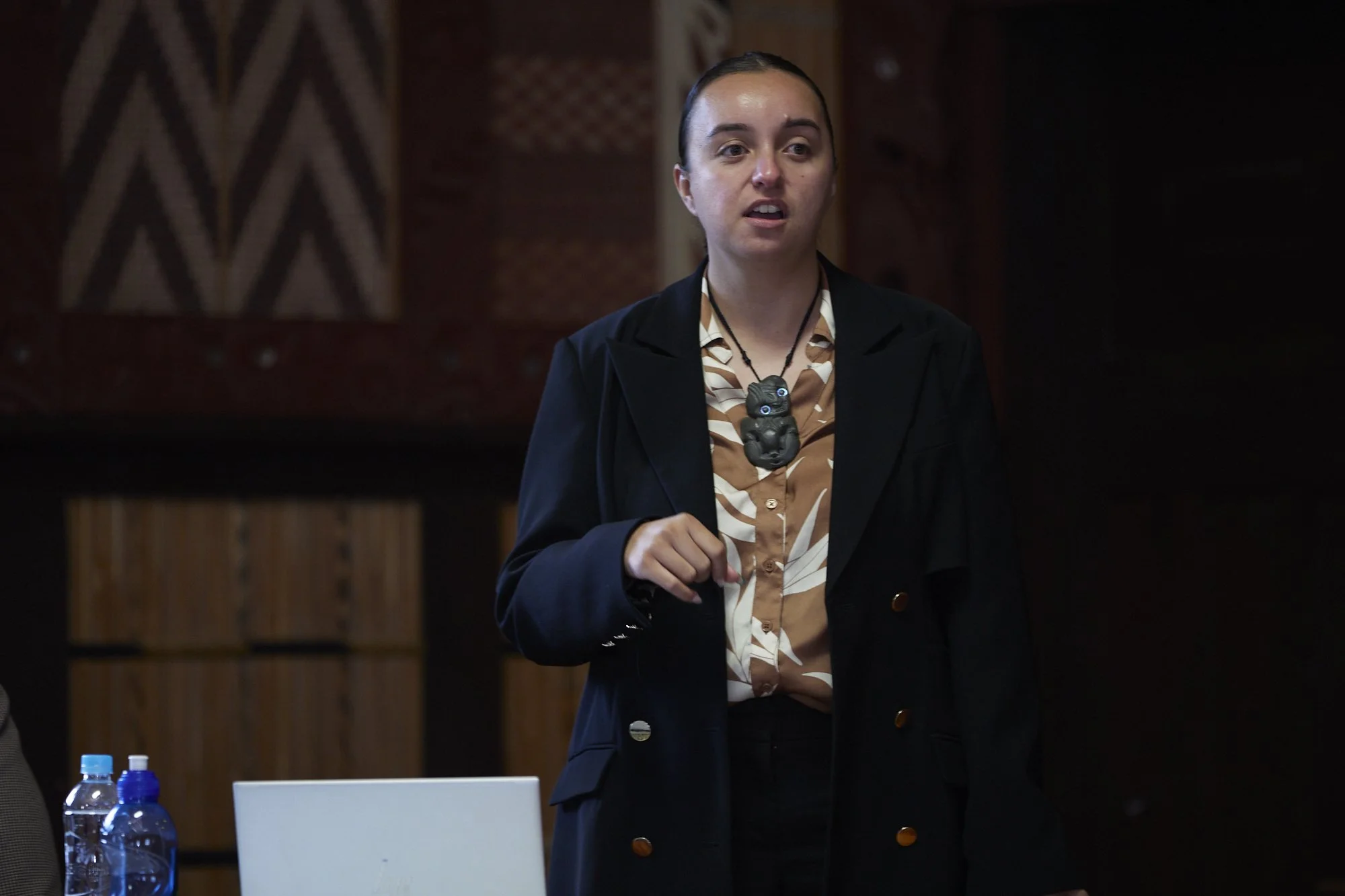Driving Change in Te Tairawhiti: Maori Landowners Rethink the Future of Farming
A thought piece by Latasha Wanoa
As climate change accelerates and economic pressures mount, Māori landowners in Te Tairāwhiti are standing at a crossroads: Is this a crisis of inheritance, or an opportunity to reinvent the way we care for the land? For many, it's a moment of reckoning and of hope.
Last week, a group of Māori landowners, governance, farm managers, and shepherds from Te Tairāwhiti travelled to Canterbury on a knowledge exchange that may help shape the region’s agricultural future. Their mission? to explore innovative and sustainable land use practices that honour both environmental values and the legacy of indigenous stewardship.
And the group returned with a powerful message the future of farming isn't just about production, it’s about purpose.
Reframing Roles: From Farmers to Kaitiaki Entrepreneurs
Historically, Māori have seen themselves as kaitiaki. That role hasn’t changed, but the lens through which it’s viewed is evolving.
And here’s where we have the hard conversations, because at the heart of this all is a transformation of mindset and a call to action. We're not just farming the land anymore, we’re running businesses on the land. It’s a subtle shift, but it opens the door to new governance models focused on profitability, resilience, and long term sustainability.
This mindset transformation acknowledges a value based responsibility to leave the whenua in a better state for future generations, while also realising its economic potential.
Lessons from the South: Working with the Environment
One of the trip’s highlights was a visit to Willesden Farm in Canterbury, a model of environmental farming. The experience demonstrated that environmental sustainability and productivity aren’t mutually exclusive, in fact, they often go hand in hand.
For Māori Agribusiness, balancing productivity with environmental sustainability is central. Traditional methods have long seen farmers bending the land to suit productivity goals, often battling the natural landscape. But as the group saw firsthand, working with the environment not only nurtures biodiversity but also delivers better farm performance.
When the environment is cared for, so is the operation.
The Power of Diversification
One of the key insights gained was the importance of diversifying farm operations. Many Māori land blocks rely on narrow, cash based systems that leave them vulnerable to market and climate fluctuations.
Diversity builds resilience. If we want to unlock the full potential of whenua Māori, we can’t put all our eggs in one basket. From forestry and honey production, native regeneration to niche crops and eco-tourism, embracing a wider portfolio of land uses could help Māori landowners weather difficult seasons and seize emerging market opportunities. For this we need to do our homework, but do not be surprised to find some of the answers lie in the land.
Innovation as a Cultural and Economic Tool
The future isn’t just about tradition, it’s also about technology. New agricultural tools, from precision farming to genetic research, are changing the game. Some technologies can reduce the time to grow livestock to target weights, slash carbon emissions by nearly 50%, and improve feed efficiency. These tools, used wisely, align with Māori values of guardianship while building a more sustainable business model.
With the challenge of reducing productive land for environmental outcomes, we need to be seriously thinking about the future in how we farm.
The Moment to Act is Now
Trips such as this are a turning point. With climate pressures growing and the call for regenerative practices intensifying, Māori landowners are uniquely positioned to lead.
This isn’t just about farming, it’s about identity, sovereignty, and the survival of our people and land.
By integrating mātauranga Māori, with modern science, technology and common sense, the hope is to forge a new path where the whenua thrives not just economically, but culturally and ecologically too.
A Legacy for Future Generations
The challenge is complex, but the opportunity is clear: To reimagine what it means to grow Māori land, not as a burden, but as a beacon.
With the right mindset, investment, and support, Te Tairāwhiti can become a leader in sustainable land use. Not by returning to the old ways or adopting new ones wholesale, but by weaving both together to create something uniquely powerful, and uniquely Coastie.

